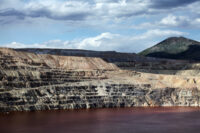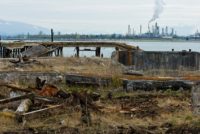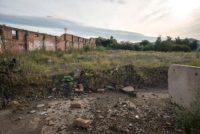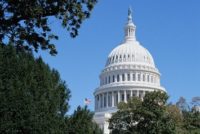National Priorities List Update
The National Priorities List (NPL) includes the most seriously contaminated Superfund sites across the nation. These sites contain uncontrolled or abandoned releases of contamination. The list serves as the basis for prioritizing EPA Superfund cleanup funding and enforcement actions. Only releases at nonfederal sites included on the NPL are eligible to receive federal funding for […]









